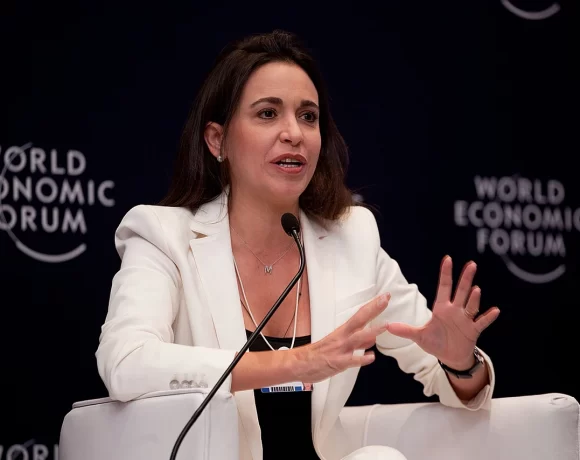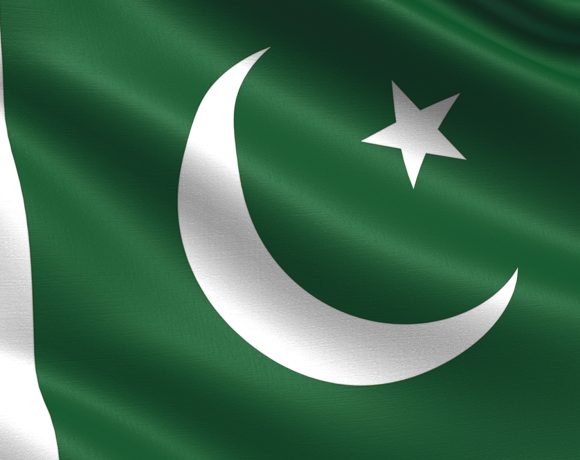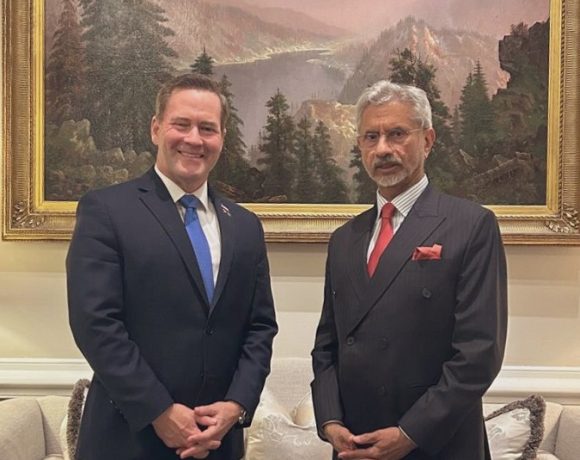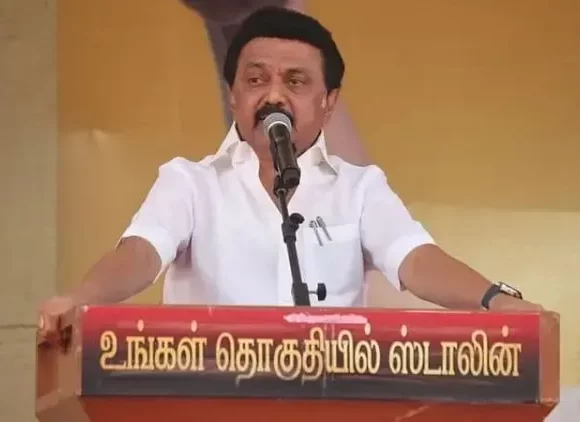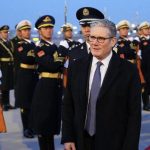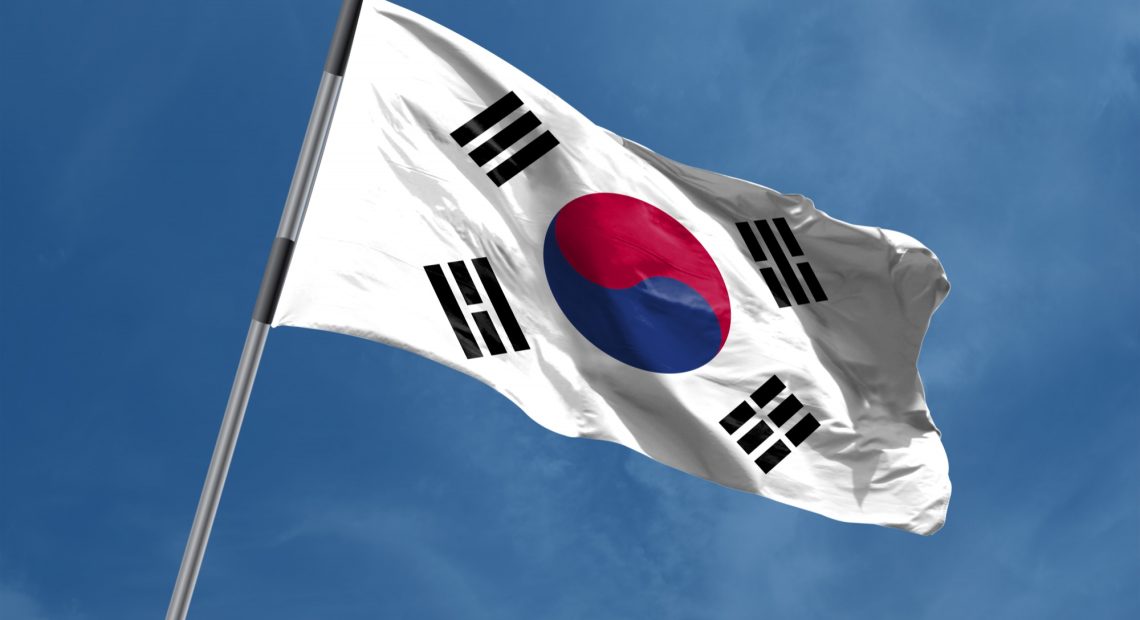
South Korea Says It Can’t Pay $350B Upfront To US
South Korea has rejected claims by former President Donald Trump that it would make an upfront cash payment of $350 billion to the United States under a trade-tariff deal. Top officials say such a move is not feasible and risk triggering financial instability.
In July, the two countries reached a verbal agreement in which the U.S. would lower tariffs on South Korean goods from 25 percent to 15 percent, in return for a $350 billion investment pledge from Seoul. But South Korea insists that the funds would be committed through loans, guarantees, and equity, not as a lump sum cash payment.
National Security Adviser Wi Sung-lac said that the demand for a direct cash sum is “objectively and realistically not a level we are able to handle.” He added that Seoul is exploring alternative structures and financial safeguards to protect its economy.
President Lee Jae-myung has warned that meeting a demand for such a large payout without protective measures, such as a currency swap, could replicate the crisis South Korea experienced in 1997. The country’s foreign exchange reserves—currently around $410 billion—would be strained by an upfront outflow of this scale.
Negotiations are at an impasse, mainly over U.S. insistence on control over the invested funds. South Korea aims to finalise terms at the upcoming APEC summit, where Trump is expected to attend.


